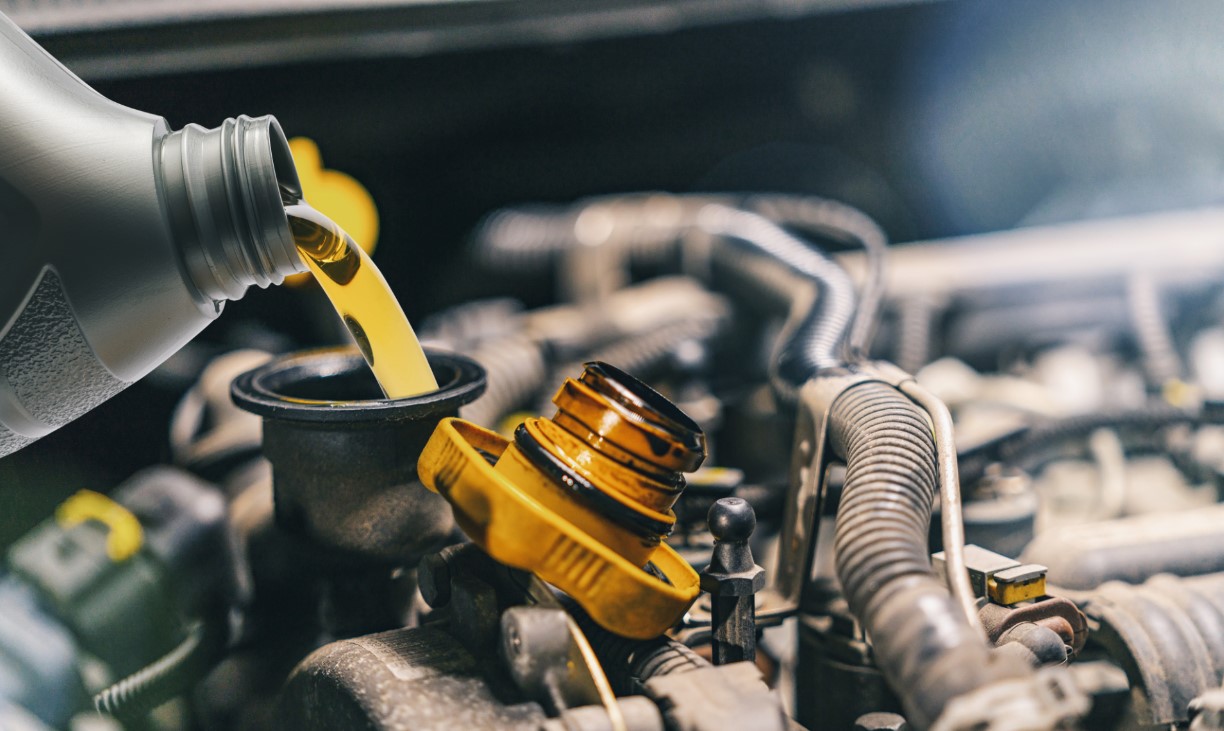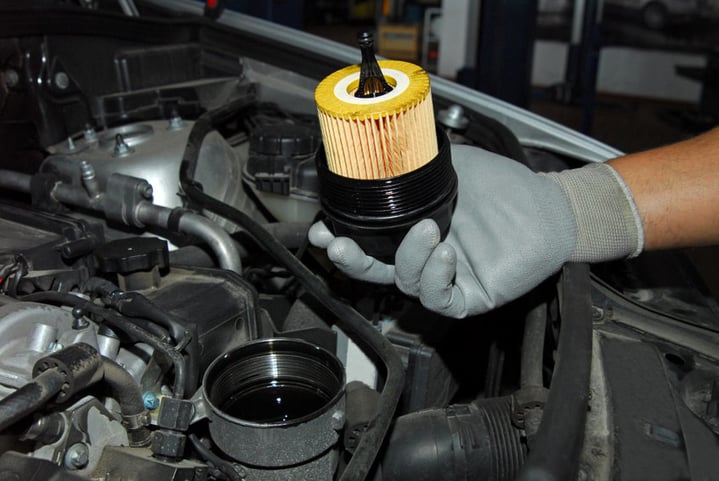Optimize Your Cars and truck'S Performance With Normal Oil Changes
Maintaining your car's performance is a diverse venture, with routine oil adjustments standing out as an essential component. Fresh engine oil plays a pivotal role in guaranteeing optimal lubrication, decreasing friction, and avoiding wear on vital elements. Lots of motorists ignore the indications that suggest a requirement for an oil modification, potentially compromising their car's longevity.
Importance of Regular Oil Changes
While several auto proprietors might ignore the importance of regular oil changes, neglecting this crucial upkeep job can result in severe consequences for engine efficiency and long life. Engine oil plays a crucial function in lubricating relocating components, decreasing friction, and protecting against getting too hot. Gradually, oil weakens due to direct exposure to warm and contaminants, which diminishes its performance.
Stopping working to change the oil regularly can cause the build-up of sludge and particles, which can block important engine parts and cause enhanced wear. This not just endangers engine effectiveness yet can additionally cause expensive repairs and even total engine failure. Additionally, old oil sheds its ability to counteract acids produced throughout combustion, which can bring about rust and further damages.
Moreover, several car suppliers suggest specific oil modification intervals, usually based upon mileage or time. Complying with these standards is essential for preserving warranties and making sure optimum car efficiency. In summary, routine oil adjustments are not merely a pointer; they are an important part of responsible car upkeep that protects the engine and improves total performance. Prioritizing this task will certainly add significantly to the durability and integrity of any car. Oil Change Lockhart.
Benefits of Fresh Oil
Changing to fresh oil provides various benefits that directly improve engine performance and efficiency. New oil reduces rubbing in between engine parts, which not just reduces wear however also contributes to smoother procedure.
In addition, fresh oil successfully cleans up the engine by suspending contaminants and preventing sludge build-up. With time, oil ends up being infected with dirt, steel particles, and burning by-products. Frequently replacing oil ensures that these harmful materials are removed, advertising a cleaner and much healthier engine atmosphere.
Furthermore, fresh oil aids in optimum temperature level policy. It dissipates warm much more effectively, protecting against overheating and possible damage to engine components. This is specifically essential throughout peak performance situations, where warmth buildup can harm engine performance.
Indications Your Oil Demands Altering
Engine oil is the lifeline of your car, and identifying when it needs altering is crucial for preserving optimum performance - Oil Change Lockhart. A number of indicators indicate that it's time for an oil modification, and remaining vigilant can avoid engine damages and costly repair work
First, go to my site examine the color and consistency of the oil. Fresh oil is commonly amber and smooth, while old oil may show up dark and abrasive, indicating contamination and minimized performance. A change in viscosity can likewise indicate that the oil has broken down and is no more adequately oiling engine components.

One more indication is the oil modification light on your control panel. This sharp acts as a reminder that the oil has reached its life expectancy or that there is a hidden concern requiring attention. Additionally, unusual engine noises, such as knocking or ticking, may suggest inadequate lubrication as a result of abject oil.
Last but not least, if you notice oil spots or puddles under your car, it may suggest a leak that demands instant assessment and feasible oil modification. Listening to these indicators will certainly guarantee your engine operates efficiently and successfully.
Choosing the Right Oil
Choosing the suitable oil for your vehicle is vital for making certain optimum performance and longevity. This guidance will certainly guide you toward the correct thickness grade, such as 5W-30 or 10W-40, which indicates the oil's density at various temperatures.
Following, think about the sort of oil: conventional, artificial, or a blend. Conventional oil is stemmed from petroleum and appropriates for older automobiles, while synthetic oil supplies superior defense and performance for modern-day engines, particularly under extreme problems. Synthetic blends incorporate the benefits of both and are often a cost-efficient choice.
Additionally, try to find oils that meet sector standards, such as API (American Oil Institute) or ACEA (Association des Constructeurs Européens d'Automobiles) qualifications. These signs make certain that the oil has been examined for high quality and efficiency. Eventually, picking the best oil not just site enhances engine performance but likewise adds to the general wellness of your car, leading the way for smoother driving experiences.
Oil Modification Regularity Recommendations

Factors affecting oil change regularity include driving link problems, such as stop-and-go web traffic, extreme temperature levels, and towing hefty loads. Under extreme conditions, it could be prudent to transform the oil a lot more frequently to avoid engine wear. Additionally, some modern-day automobiles come equipped with oil life tracking systems that provide individualized referrals based on driving behaviors, which can even more maximize the oil change timetable.
It's essential to consult your proprietor's manual for certain referrals tailored to your automobile. Abiding by these guidelines not just preserves engine health and wellness yet also improves gas efficiency and minimizes exhausts. To conclude, routine oil adjustments, timed appropriately based on numerous factors, are an essential element of lorry maintenance that can substantially influence performance and durability.
Final Thought
